Swiss announce unilateral safeguard clause to curb immigration
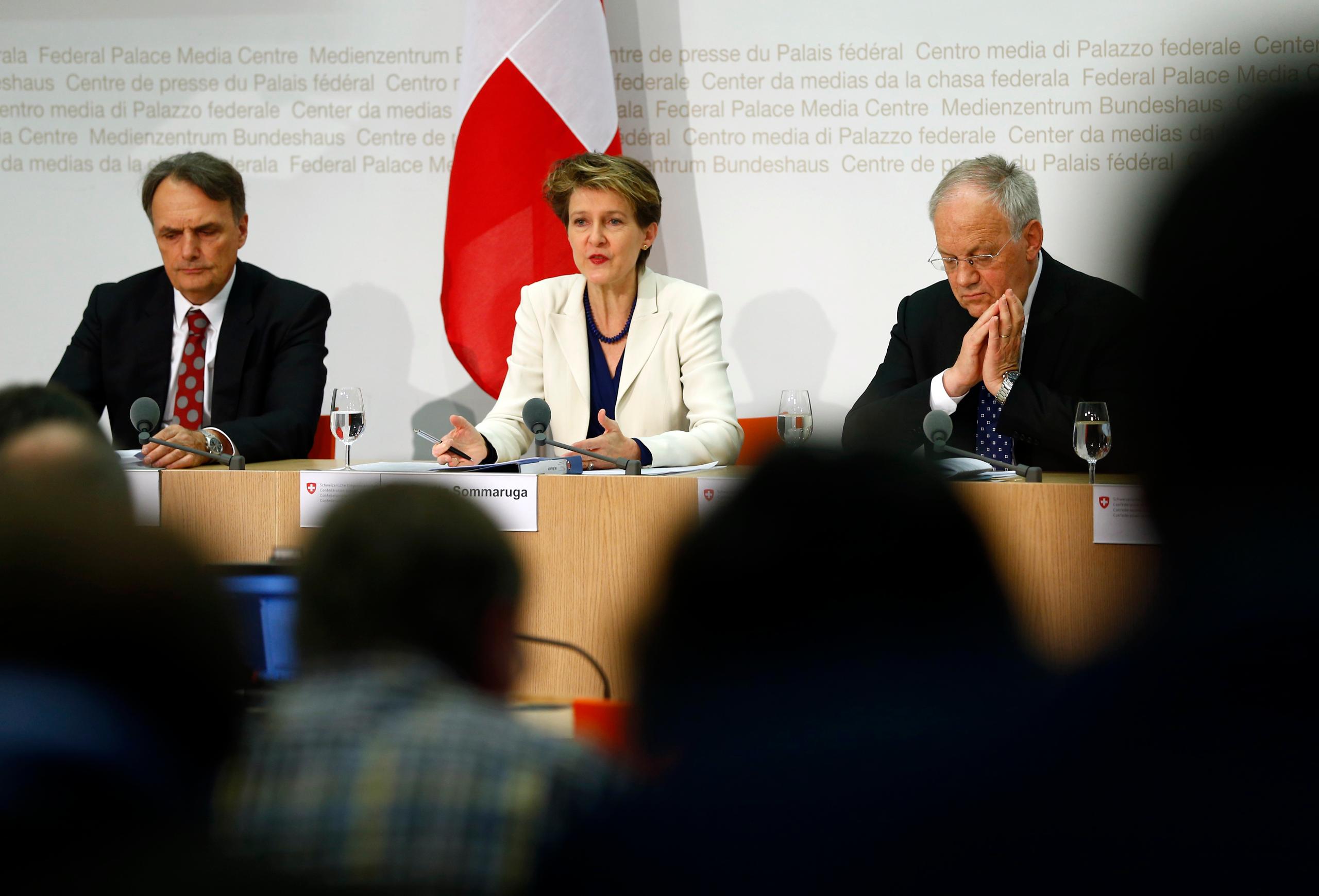
The Swiss cabinet has proposed to use a unilateral safeguard clause to curb immigration if it is unable to reach agreement with the European Union on limiting influxes of foreigners.
The cabinet announced the plans, despite opposition by Brussels, in order to implement the controversial rightwing initiative, approved by voters two years ago, to re-introduce quotas for EU citizens.
Under the proposal to be submitted to parliament, Switzerland claims the right to limit free access to the labour market due to serious economic or social problems.
Economics Minister Johann Schneider-Ammann said Friday’s cabinet decision was an “intermediate step” to resolve a very difficult issue.
“It remains a task tantamount to squaring the circle,” Schneider-Amman told a news conference on Friday.
The EU has repeatedly ruled out any measures to restrict the free movement of people, saying key bilateral treaties with Switzerland could be put at risk.
But the Swiss government must implement immigration curbs in line with a constitutional amendment following the 2014 vote.
The Swiss authorities are under time pressure because parliament has three years to implement them.
No figures
The proposed unilateral safeguard clause provides for annual limits to be set by the cabinet on the number of permits issued to people from EU and European Free Trade Association (EFTA) countries if immigration exceeds a certain threshold.
Last year, net immigration into Switzerland was about 71,500 people according to data from the State Secretariat for Migration.
This compares with 79,000 people in the previous year.
Annual immigration began to increase noticeably in the new millennium, particularly from around 2002, peaking in 2008.
Switzerland has a resident population of just over 8.2 million.
However, no detailed figures are set, according to Justice Minister Simonetta Sommaruga.
She added that the cabinet will take Switzerland’s general economic interests into account, as well as the recommendations of a newly established immigration commission.
It will also take measures to better make use the resident workforce, including foreigners with official refugee status and women.
Tight schedule
Sommaruga said Switzerland had received indications from Brussels last December that the EU was willing to pursue negotiations following a year-long deadlock.
“The aim remains to find a mutually acceptable solution,” she said.
However, she said it was unlikely negotiations with the EU can begin before a crucial referendum in Britain on June 23 on a possible exit from the 28-nation bloc.
Sommaruga declined to set a deadline for the end of negotiations. She said it was now up to parliament to discuss the proposals.
She also refused to speculate on whether the government is considering a new nationwide vote on the future of key bilateral treaties with the EU – Switzerland’s main trading partner.
Reaction
In a first reaction, the main Swiss political parties to the left and the right have rejected the proposed safeguard clause. The two centrist parties were more positive.
The conservative right Swiss People’s Party threatened to launch a new initiative aimed at suspending the free movement accord with the EU,External link in force since 2002.
The leftwing Social Democrats and Greens, as well as the trade unions, said any form of quotas were discriminatory. They said legal security was key for future relations with the EU.
In the past, the EU has warned that any immigration caps are incompatible with the principle of the free movement of people, one of the key principles of the 28-nation bloc.
Croatia accord
As part of its bill to parliament, the cabinet also announced that it had agreed a treaty with Brussels, extending the free movement of people accord to Croatia. The signature had been on hold for two years. Croatia became the latest member of 28-nation bloc in 2013.
The deal, which is subject to approval by parliament, is expected to lead to the full readmission of Switzerland to the Horizon 2020 research programme of the EU.
The European Commission in February 2014 froze Switzerland’s participation in the Horizon 2020 and the Erasmus+ programmes.
The Swiss National Science Foundation said it welcomed the decision to sign the protocol on extending the free movement of people to Croatia. “This will help to prevent the definitive and highly damaging exclusion of Switzerland from EU research agreements,” it said in a statement.

In compliance with the JTI standards
More: SWI swissinfo.ch certified by the Journalism Trust Initiative











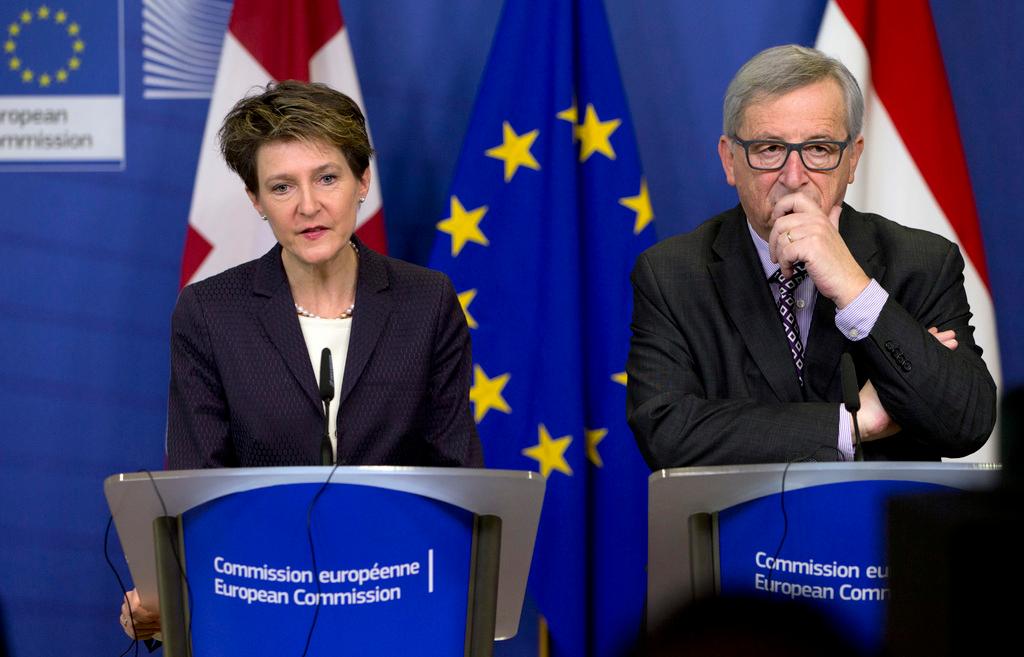
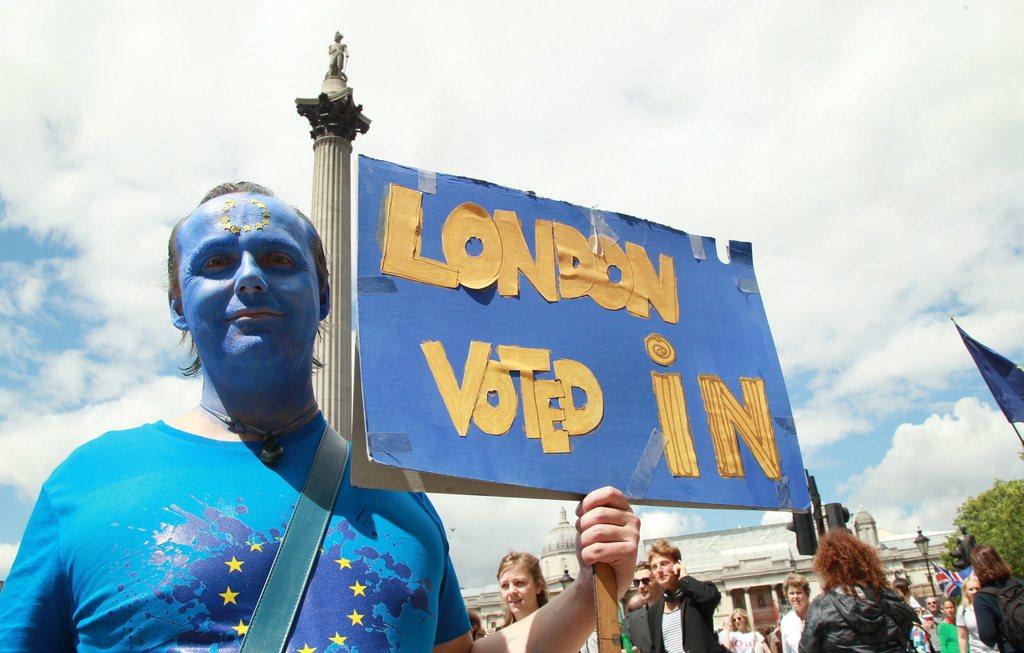

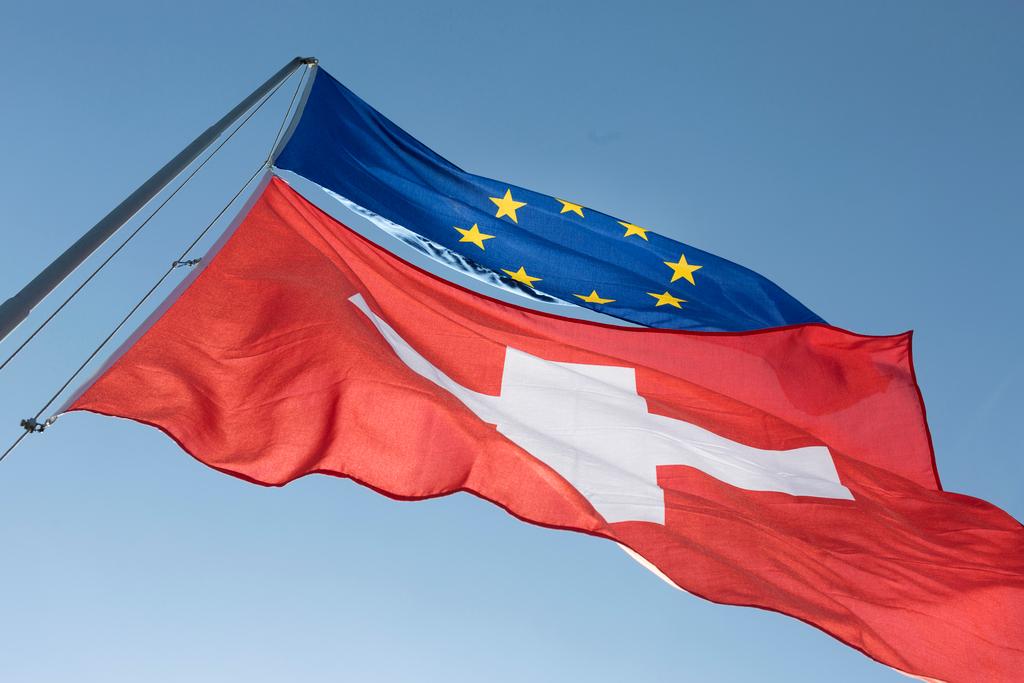
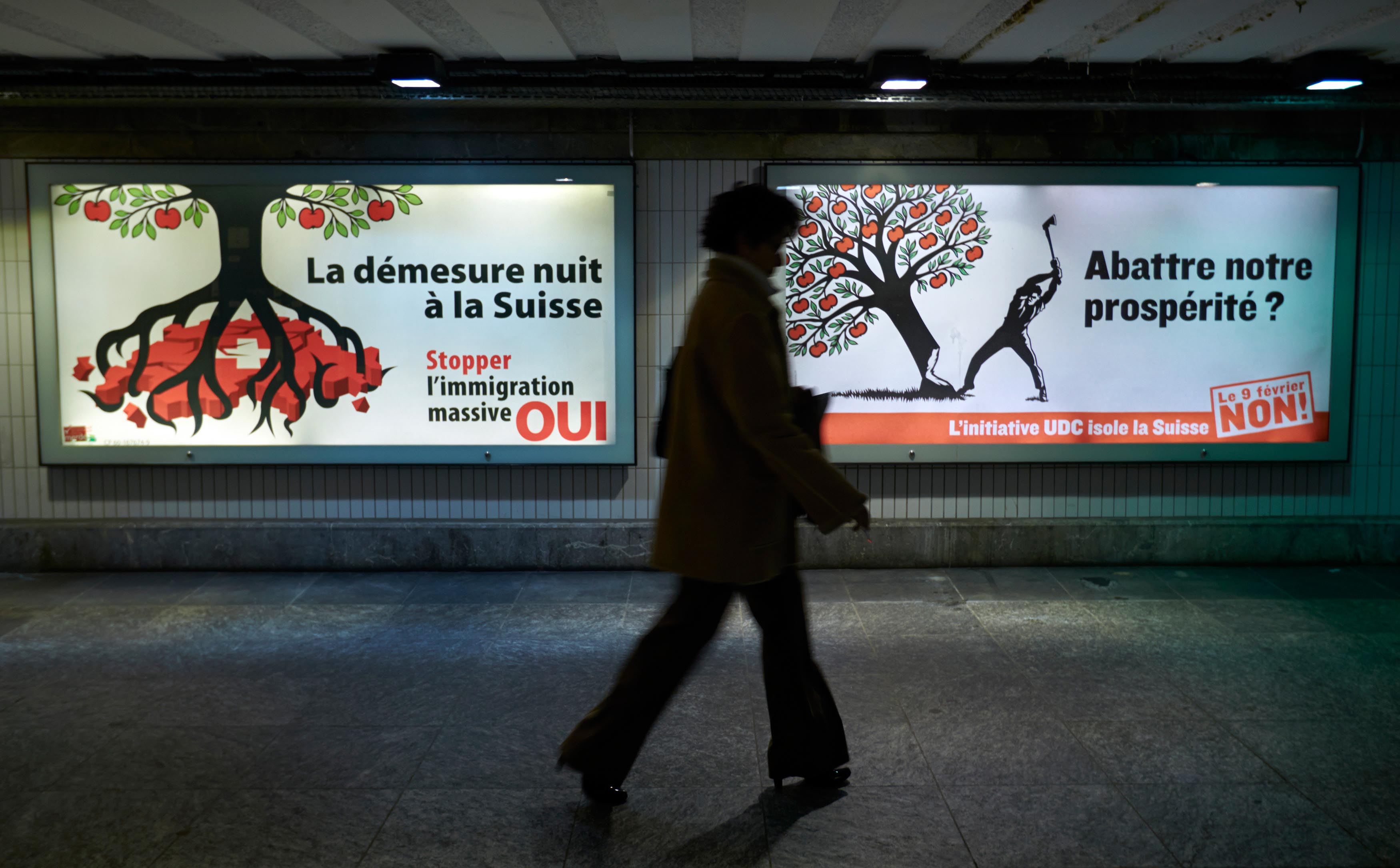
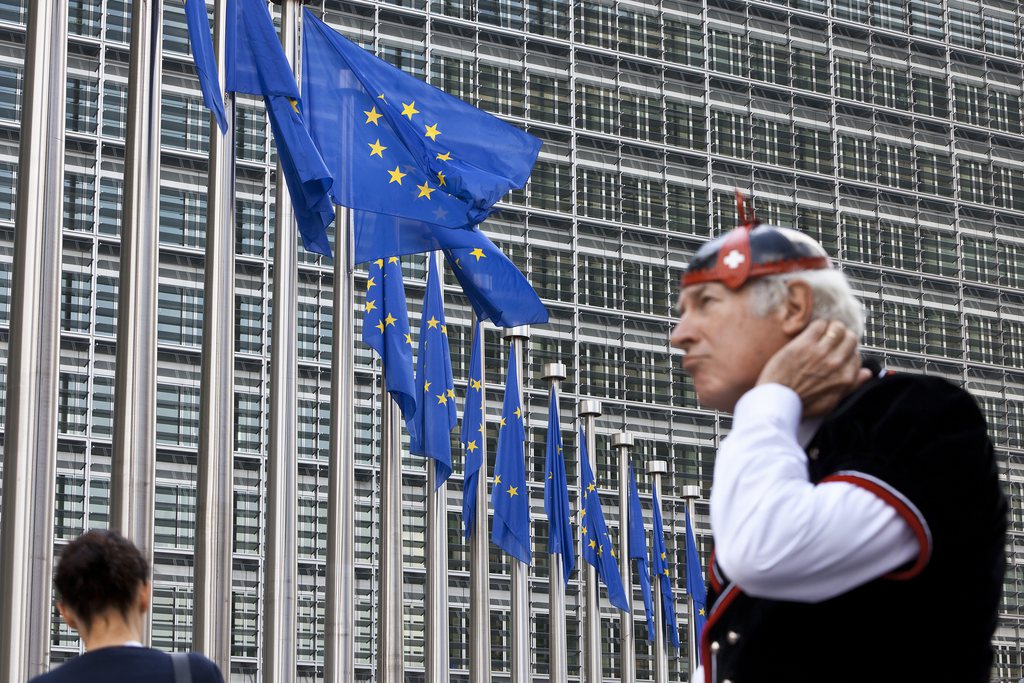
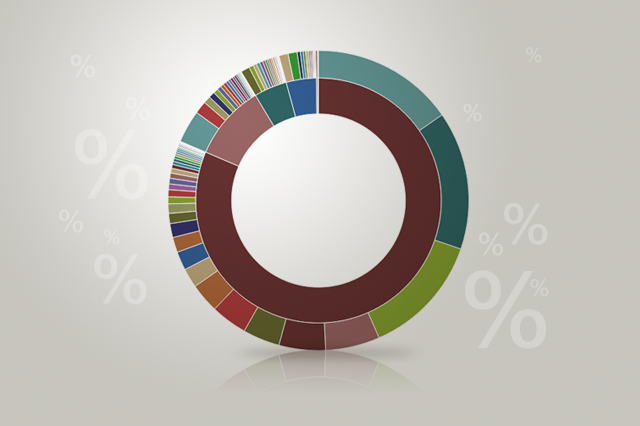
You can find an overview of ongoing debates with our journalists here . Please join us!
If you want to start a conversation about a topic raised in this article or want to report factual errors, email us at english@swissinfo.ch.